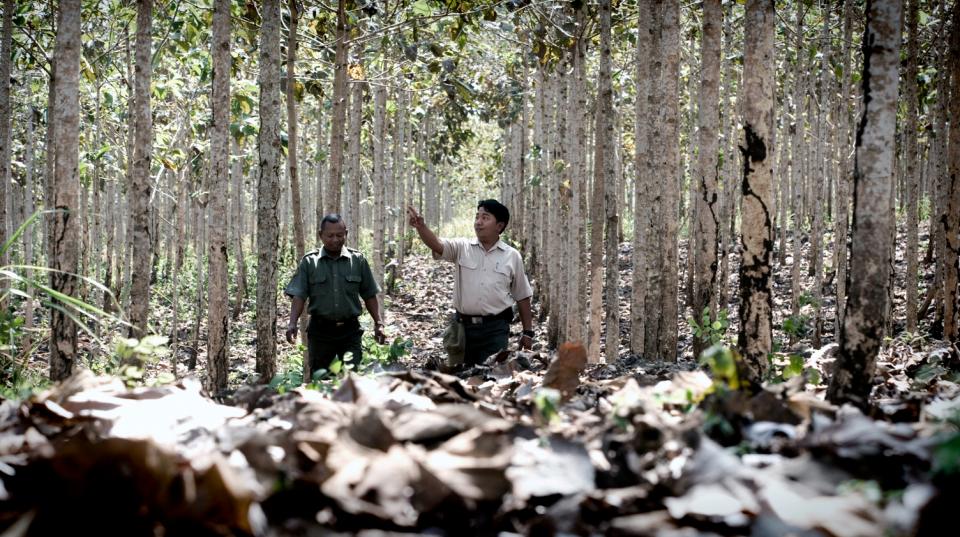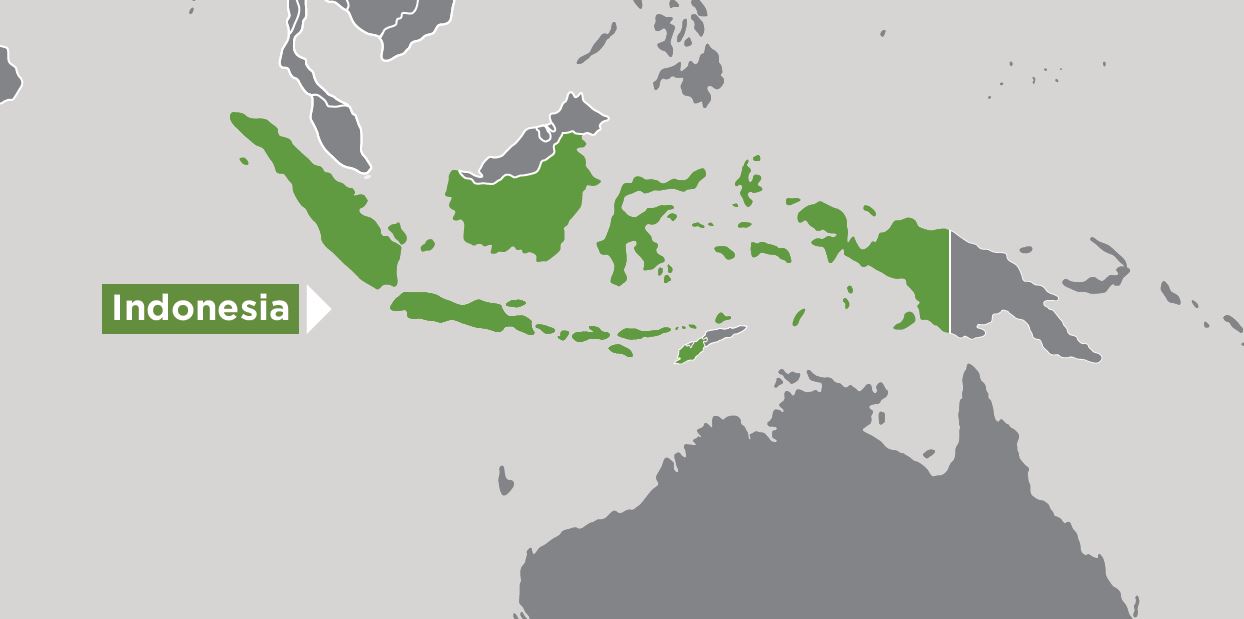Overview
This project aimed to identify how commercial forestry can increase the incomes of smallholders and scale out the broader benefits of commercial forestry to local communities and industries.
Millions of small-scale farmers in Indonesia cultivate trees. However, most smallholders fail to realise the full commercial potential of the forests they manage or the trees they plant – leading to supplies of poor-quality wood to the industry.
The Indonesian Government encourages its forest industries to source supplies from sustainably managed plantations and community-based commercial forestry (CBCF), and is progressively introducing the Timber Legality Assurance System (SVLK). However, results have been mixed. This project, building on two previous ACIAR projects, aims to enhance the commercial benefits from CBCF for smallholders by strengthening their business networks; increase the capacity and number of smallholders able to make informed decisions about their silvicultural approach and likely returns from CBCF; and analyse the policy context and support policy reform that enables it to become a profitable investment choice for smallholders.
Project outcomes
- Building greater capacity among smallholders to critically appraise the commercial opportunities in CBCF and form the business partnerships needed with the private sector.
- Providing benefits for both the private sector and government agencies via improved understanding of how best to link with smallholders and identify options to enhance the enabling policy environment, respectively.
- Improving forestry skills for 300 smallholders.
- Improving business networks with the private sector for 2,000 smallholders (half of them female farmers).
- Increasing financial returns from CBCF in 10 village communities with a population of 20,000 people.
- Enhancing policies helping government achieve targets for major programs supporting CBCF.






